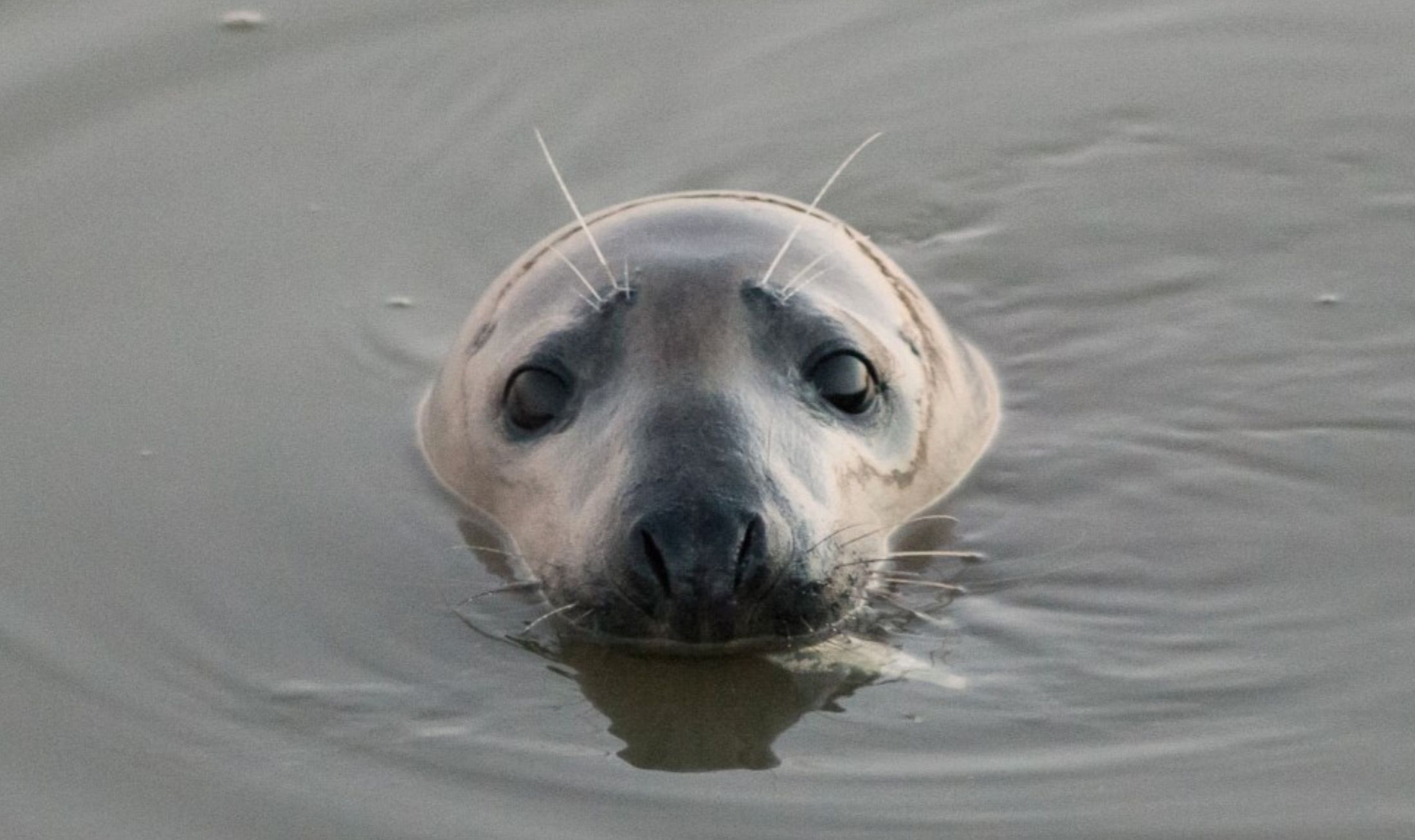Our marine scientists summarise the available information on marine mammals in Belgium in an annual report. In addition to a discussion on the strandings and observations of marine mammals and remarkable fish in 2017, the latest edition also contains opinion pieces about Arctic climate refugees and the grey seal in our coastal waters.

Harbour porpoises
In 2017, the number of stranded harbour porpoises more or less equalled the average of the past 10 years. “Predation by the grey seal and incidental catch were the most important causes of death we identified,” explains Jan Haelters, lead author of the new report. “Nearly 60% of the 93 harbour porpoises that stranded along the Belgian coast in 2017, died due to one of these causes.”
Other cetaceans
Two observations of white-beaked dolphins were documented in 2017, while bottle-nosed dolphins were reported more regularly. Also one deceased individual of both these species washed ashore. A dead minke whale floated through Belgian waters, and eventually washed ashore in the Netherlands.
Seals
With 10 common seals, 8 grey seals and 19 non-identified seals, the number of dead or dying seals exhibits a rising trend. Additionally, 22 common and 6 grey seals were taken into temporary care at SEALIFE Blankenberge. A remarkably high number of seals that had been injured by fishing hooks was observed in the port of Nieuwpoort.
A very unexpected visitor
The bowhead whale that stayed off the coastal towns of Ostend and Middelkerke on 31 March and 1 April was the first ever to be reported for the entire North Sea. Barely a year after the stranding of a narwhal, the sighting of this animal, of a species that inhabits very northerly waters, instigates a lot of speculation about the effects of climate change on marine life in the Arctic, and perhaps at a global scale.
This report describes part of the implementation of the Royal Decree on Marine Species Protection, and its production was only possible thanks to the support of many volunteers, other institutions and coastal authorities. Interested readers can download the report at www.marinemammals.be/reports (available in Dutch and French, with English summary).
